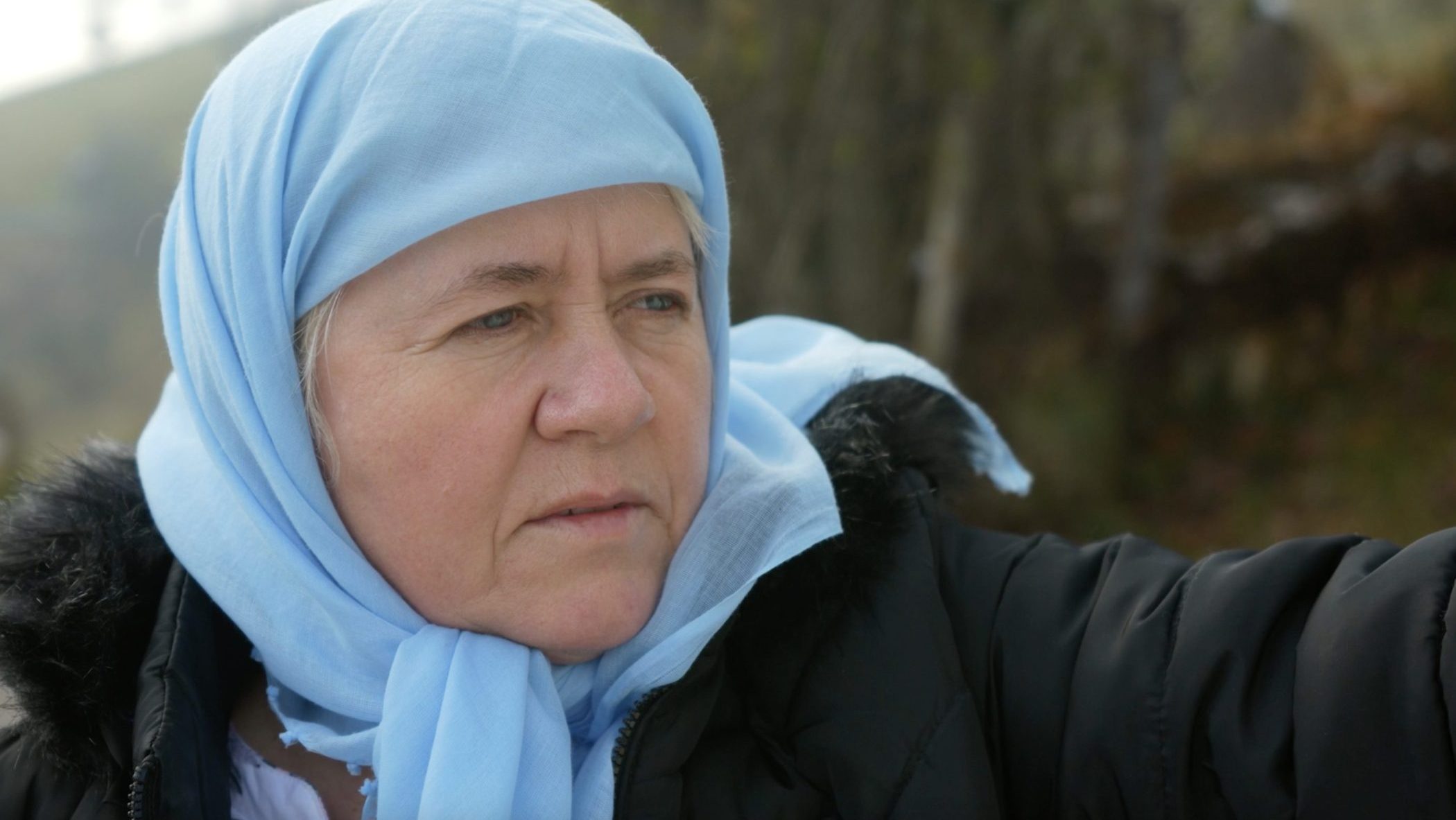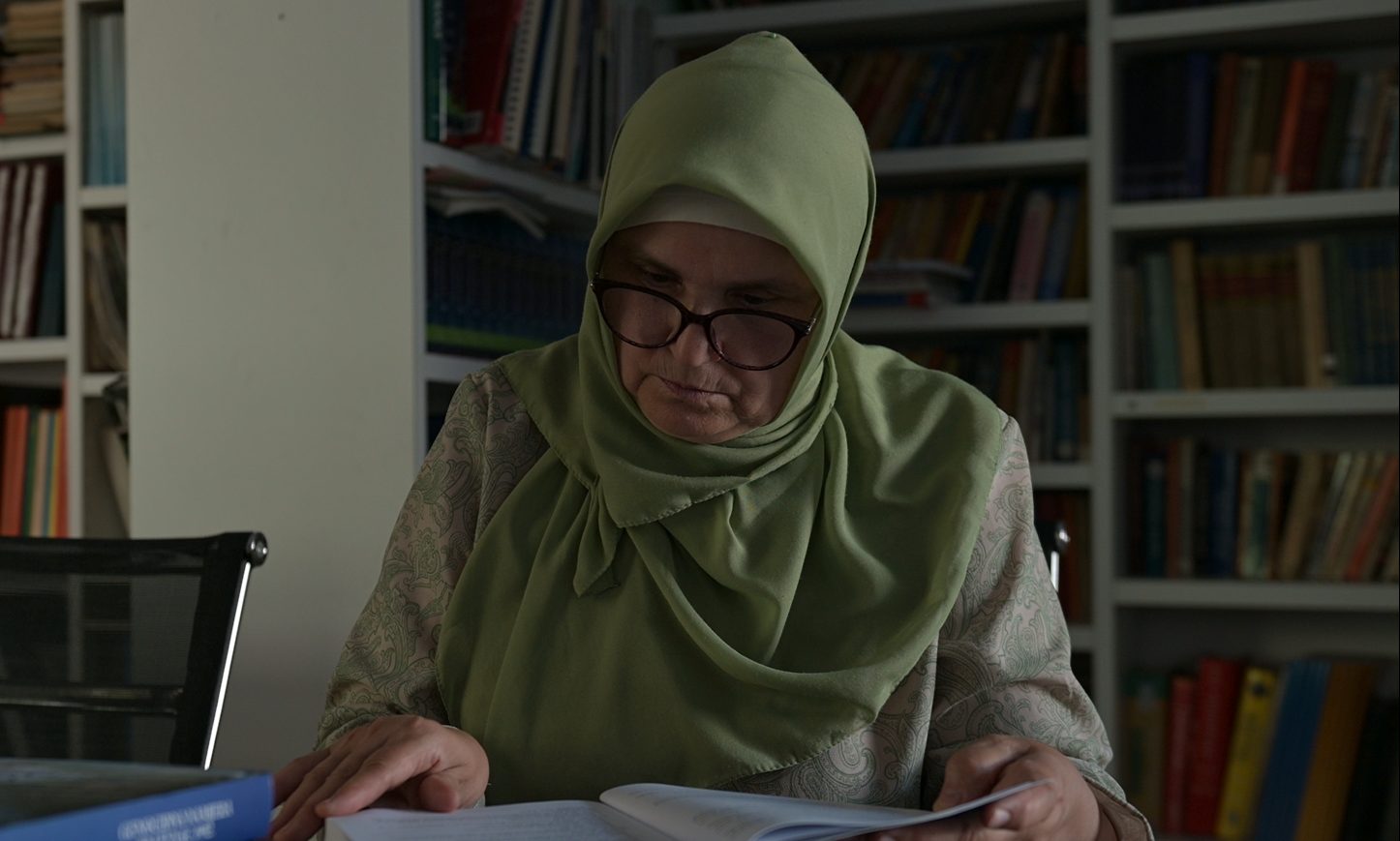This post is also available in: Bosnian
A criminal complaint about the murders of the four prisoners of war and two civilians was filed in 1998, and an investigation was opened seven years later, targeting three members of the People’s Defence force of the Autonomous Province of Western Bosnia, a separatist statelet that existed during the war between 1993 and 1995 with its ‘capital’ in Velika Kladusa. The probe of a fourth person was halted because the suspect died.
The investigation was led for seven years by the prosecutor’s office of the Una-Sana Canton in Bihac in north-west Bosnia, then for the following seven years, it was led by the state prosecutor’s office in the capital Sarajevo.
The probe was then sent back to the Una-Sana cantonal prosecution in 2019 for another two years. But no indictment was raised against the suspects, and in December 2021, the Bosnian state court decided to return the investigation to the state prosecutor’s office in Sarajevo because of the “complexity” of the case.
Senita Abdic, the daughter of one of the victims, Huso Cehic, said that police and autopsy documents show that her father and his fellow soldiers Fikret and Izet Salkic were beaten and tortured for several days before being shot in the head.
“Their arms and legs were broken, they had injuries from a rifle butt on their heads. After that, they were taken from the command post to a field and two shots were fired from a gun into their heads,” Abdic said.
According to the criminal complaint from 1998, after they were captured along with a large number of others, they were taken to the Pasin Potok area in Croatia, where their uniforms, watches, money and other valuables were confiscated.
They were then transferred to Maljevac in Croatia, locked in a garage and brutally tortured, then taken by bus to Cetingrad (Croatia), where the six victims were separated from the other captives and killed.
Senita Abdic said that the bodies of her father and Fikret and Izet Salkic, as well as those of Ilfad Horozovic, a member of the 506th Brigade of the Bosnian Army’s Fifth Corps and civilians Damir Sisic from Bihac and Senad Prosic from Cazina, were exhumed in Croatia in 2003.
‘A waste of time’

The Una-Sana cantonal prosecutor’s office said that it was established from the testimonies of witnesses and from evidence that one of the suspects was the deputy commander of the military police battalion of the People’s Defence force of the Autonomous Province of Western Bosnia, while another suspect was commander of the army of the Autonomous Province of Western Bosnia.
Adnan Kapic, a prosecutor at the Una-Sana cantonal prosecution, told that he asked the state court for the proceedings to be transferred to the state-level prosecution in Sarajevo last year because these two suspects had command responsibility, which makes the case more serious.
He said that one of the issues the cantonal prosecution had in mind when asking for the case to be returned to the state-level prosecution was Bosnia and Herzegovina’s national war crimes prosecution strategy, which says that the most important cases, which include cases involving command responsibility, should be heard in the state court in the capital, not in lower-level courts in smaller cities.
The three suspects under investigation have only been identified by their initials, K.S., K.F. and M.F. Kapic said that one of the suspects is in the country, while the other two are in the United States.
“The evidence shows that in addition to these people, there are grounds for suspicion that another person who also had certain military responsibilities is connected to this incident. So it will be necessary to extend the investigation to this certain person, but that will be decided by the acting prosecutor who will be in charge of the case,” Kapic said.
Prosecutor Sasa Sarajlic at the state prosecution confirmed that he is now in charge of the case, and that in the coming period, he will analyse what has been done so far in Bihac.
“The case is with me again, the case is a priority. I will hold consultations with my colleague from Bihac and talk to the family members of those who were killed,” said Sarajlic, who previously had the case from 2012 before returning it to the prosecutor’s office of the Una-Sana Canton in 2019.
The families of the victims have become disillusioned by their long wait for justice and believe that the prosecution has enough evidence to file an indictment.
“We have always known that a lower-level prosecutor’s office cannot work on such a difficult and complex case, and we believe that this was just a waste of time,” said Senita Abdic, the daughter of victim Huso Cehic.
“We have been waiting for justice for 28 years, and all the work of the prosecution has been reduced to a few words: ‘The investigation is ongoing.’”



